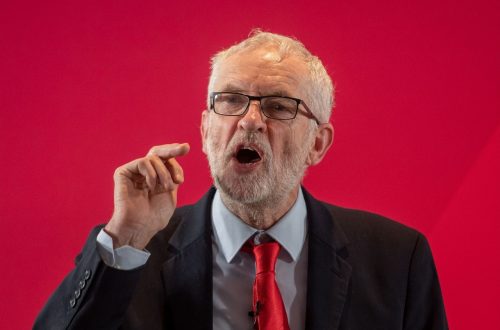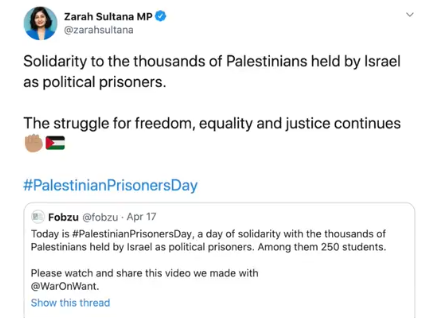Where once they had stood for opposite conceptions of human nature and radically different visions of society, today the terms “left” and “right” are words in search of meaning. With the demise of the socialist camp and the declining role of ideology in the political arena, such distinctions have lost much of their historic relevance, their content diluted, their parameters blurred.
…
In the long run, this interaction may lead many on the left to question some of their ready-made postulates regarding religion and its role in socio-political change.
– Soumaya Ghannoushi, Muslim Brotherhood activist
Ardeshir Mehrdad: The heightening crisis in the relations between the Bush administration and the regime in Iran in the last few years has coincided with the appearance and spread of a new wave of protests and struggles by workers, students, women and the oppressed nations, ethnic groups and religious minorities in Iran. The protests and struggles have had in the main a progressive, democratic, freedom- and equality-seeking content and are in direct confrontation to the policies and actions of the ruling regime in Iran. The unilateral attention of left groups in Europe and America on the aggressive policies of imperialism in the region (which is understandable in present tense atmosphere) and the tendency in many of these groups unconditionally support the Iranian regime in its confrontation with imperialism has meant that the social and mass struggles of the Iranian people remain hidden from the view of European and American socialists. This inattentiveness has handed over the discourse over human rights, democracy and freedom entirely to the neo-conservatives and liberal imperialists. The Voice of America is the loudest voice heard supporting the protests of the people of Iran.
The Tehran Bus Drivers have struggled to create an independent trade union, and for improvement in their living and working conditions (a struggle that began over a year ago and continues to this day), and more than 1,200 were arrested without the slightest echo in the left and revolutionary press of Europe and America. In a peaceful gathering in Tehran in defence of social and legal rights and for protest against the policies of sexual apartheid tens of people were beaten up, arrested and sent to prison without the European and American left raising a finger in protest. Over the last year we have been witness to widespread mass protests in a number of cities with Kurd, Arab, Azeri, and Baluch population to which the regime responded by bloody and savage repression. Yet the European and American left saw itself without any duties in relation to the oppressed nations of the country and kept silent in the face of the repression and killings. At this moment about 10 Iranian Arab youths are awaiting a death sentence accused of acts that could be completely without foundation. Yet while everyday thousands of pages are written to prove the confluence of Ahmadinejad and Fidel Castro’s paths and surface in the publication and web-sites belonging to the left, yet one can search in vain for one word in support of these victims.
In your view how defensible are these policies on the part of the left (socialist and communist)? What ideological and morel consequences do you think these forms of political behaviour will have for the international left? Should one not consider these behaviours of the same ilk as the mistakes that, as you pointed out, resulted in the paralysis and weakening of the left in Iran and the Middle East?
Alex Callinicos: This information is very interesting and important. It should undoubtedly be more widely publicized in the West, although I must emphasize that, for example, Action Iran here in Britain has combined campaigning against a US attack on Iran with stressing the importance of the social, democratic and national movements with Iran. I’m maybe less offended that you by the comparison between Castro and Ahmadinejad because I see them both as bourgeois nationalists (though of very different kinds). Certainly it is wrong to subordinate the independent interests of the working class to those of particular nationalist regimes and movements. But it would be also wrong to imagine for a moment that American imperialism could free the peoples of Iran from the oppression you describe.
Of course you don’t imagine this, but then you have to face the question I have already posed. If Bush attacks Iran tomorrow, which side are you on? I would be on Iran’s but – as Lenin put it – I would refuse to paint Ahmadinejad in communist colours; in other words, I would be for an Iranian victory despite his anti-Semitic rantings, despite the regime’s capitalist class base, despite the repression it perpetrates. This is the politics of permanent revolution, which seeks the overthrow of imperialism and of the local bourgeois regimes, with the complex relations of collaboration and conflict that they have with the main capitalist powers.
Socialist Workers’ Party theorist, Alex Callinicos, in conversation with Ardeshir Mehrdad
– Protestor at this weekend’s Manchester “Time to Go” demonstration (via Tim Blair)



